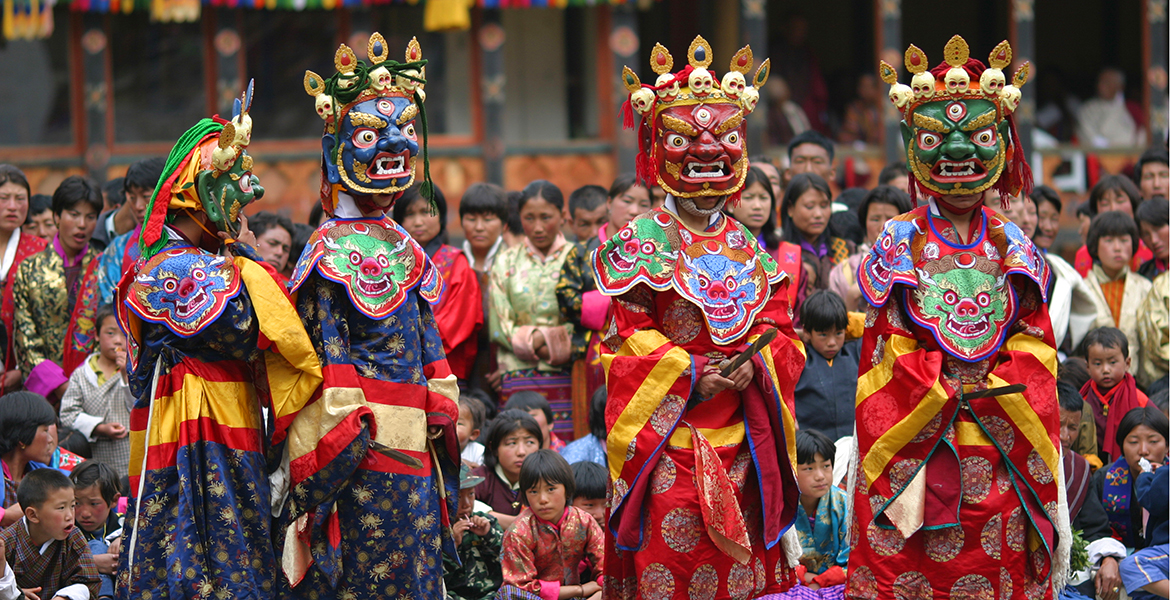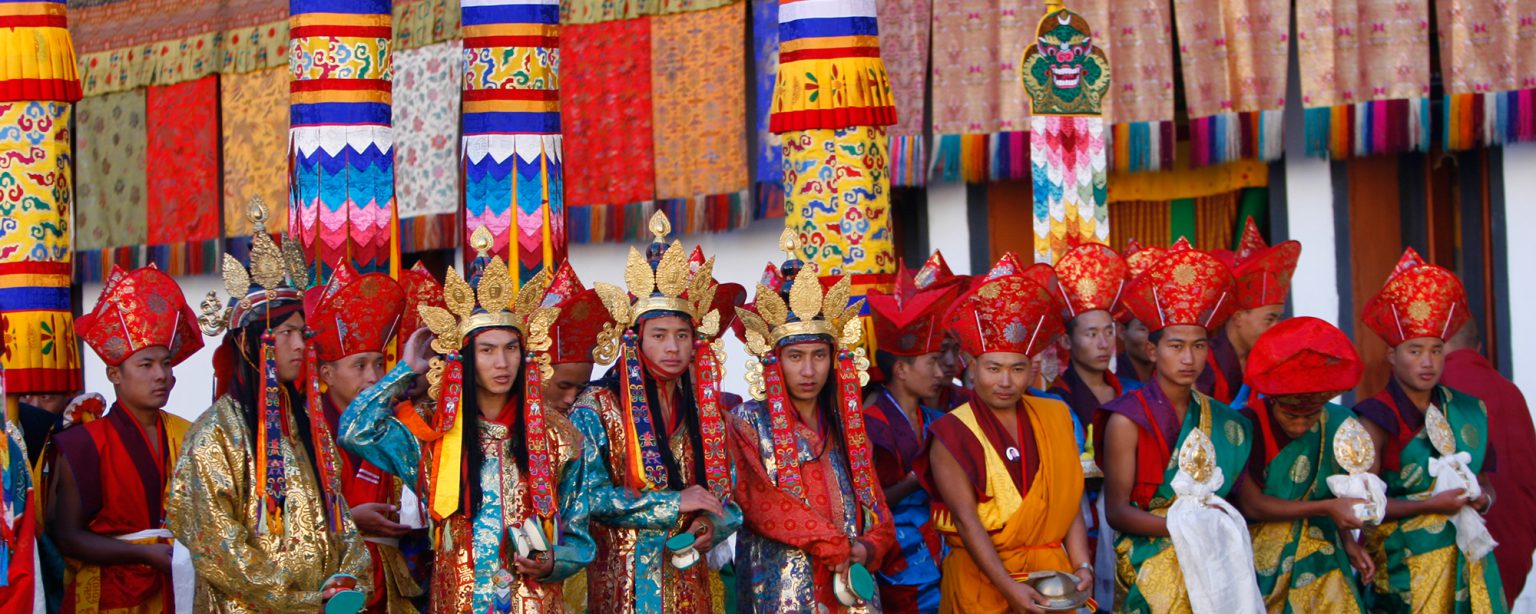Trekking is an adventurous journey typically taken on foot in remote areas, often over multiple days. It involves walking long distances, usually through rugged terrain, in natural environments such as mountains, forests, or rural areas. Trekking allows you to explore breathtaking landscapes, enjoy nature, and often requires physical endurance and mental strength.
Discover The Nature
Since 2014, we’ve helped more than 500,000 people of all ages enjoy the best outdoor experience of their lives. Whether it’s for one day or a two-week vacation, close to home or a foreign land.
Get Some Important Answer
What is Trekking?
What do I need to carry?
For a trekking expedition, you should carry essential items such as:
- Sturdy trekking boots or shoes
- Comfortable clothing (preferably quick-dry and moisture-wicking)
- A good-quality backpack
- Water bottle or hydration pack
- Snacks and energy bars
- Rain jacket or poncho
- Sunscreen, hat, and sunglasses
- First-aid kit
- Trekking poles (optional)
- Personal identification and permits (if needed)
- Camera (optional)
How concerned should I be about the altitude?
Altitude can have a significant impact on your body as you climb higher, especially when trekking above 8,000 feet (2,400 meters). Some people may experience altitude sickness, which includes symptoms like headaches, nausea, dizziness, and shortness of breath. It’s important to acclimatize properly by ascending gradually, staying hydrated, avoiding alcohol, and listening to your body. If symptoms persist or worsen, it's critical to descend to a lower altitude.
What should we eat and drink while on trek?
On a trek, meals are usually simple, nutritious, and easy to prepare. Depending on the location and local culture, meals may include:
- Porridge, eggs, and bread for breakfast
- Rice, lentils, pasta, or noodles with vegetables for lunch and dinner
- Snacks such as nuts, dried fruits, energy bars, or chocolate for on-the-go energy
- Fresh water (filtered or boiled) or rehydration drinks to stay hydrated It's important to maintain a balanced diet that provides enough energy for long days of walking, and to drink plenty of water to avoid dehydration, especially at higher altitudes.





